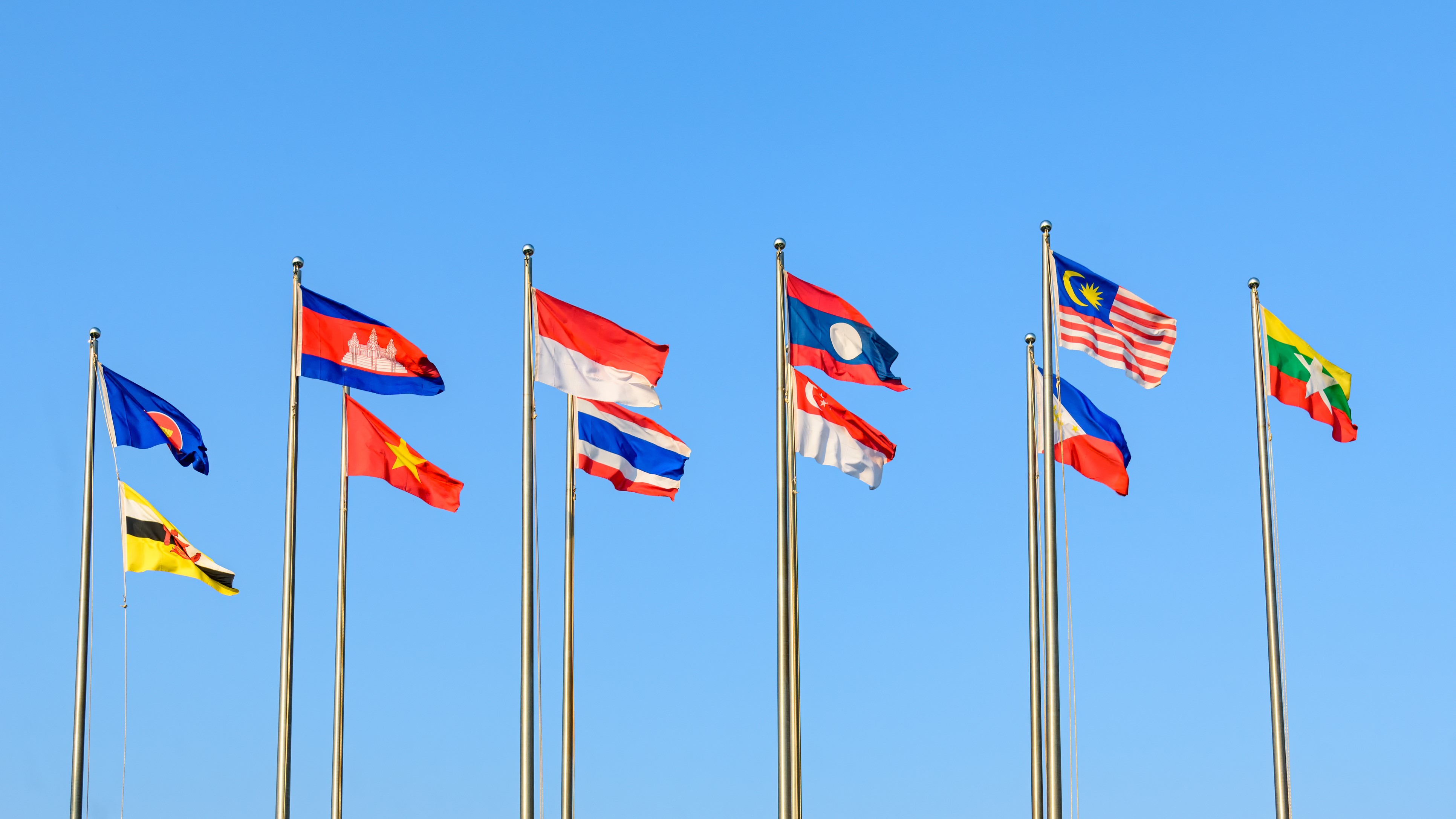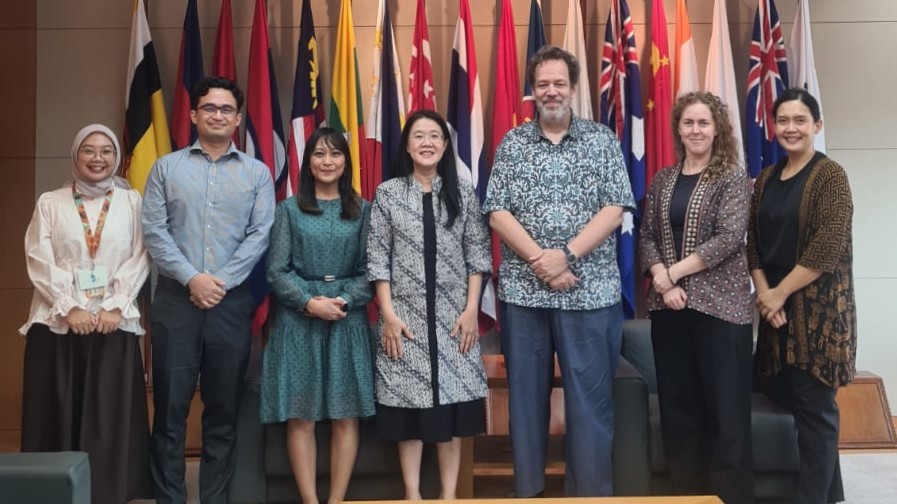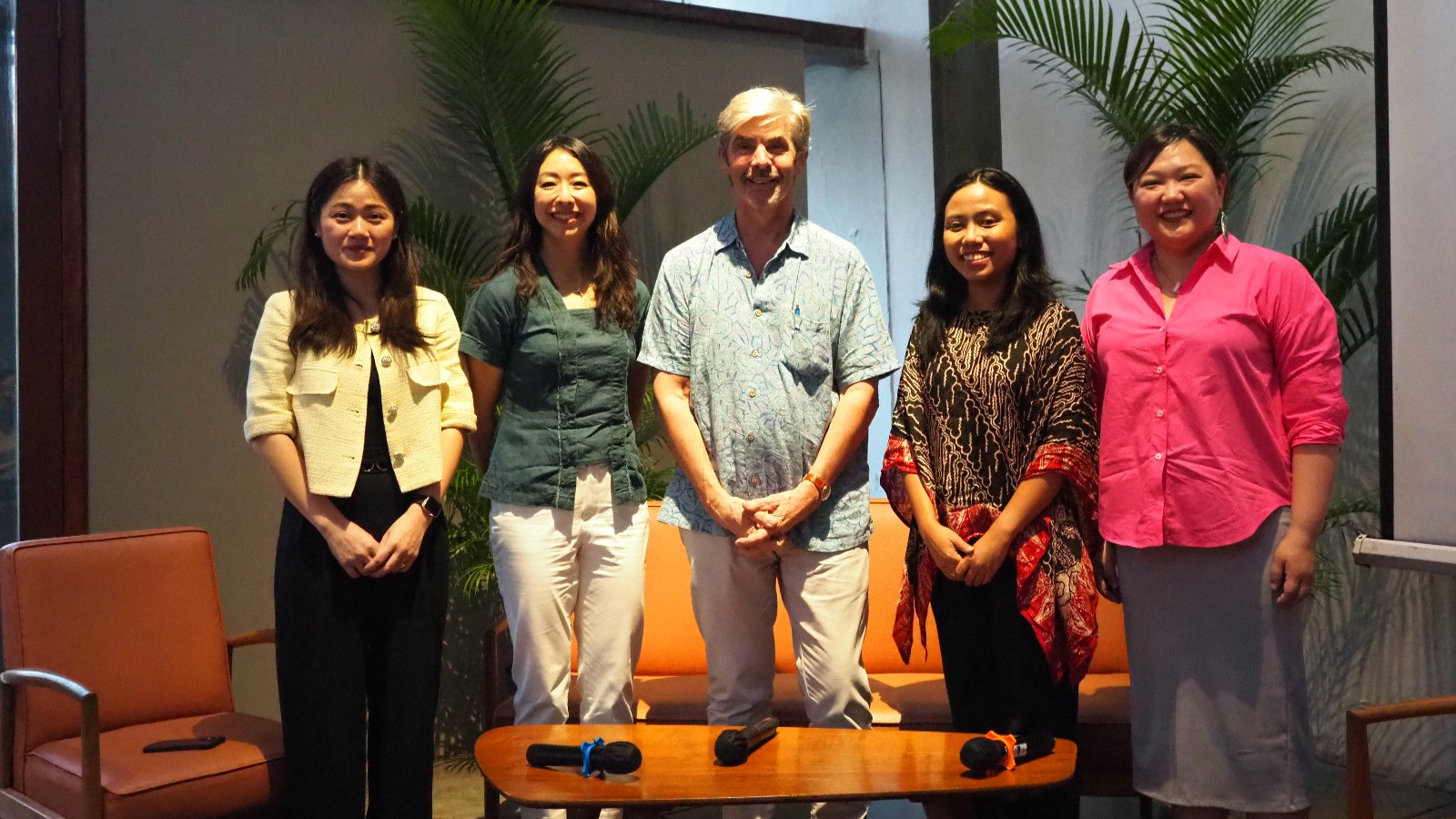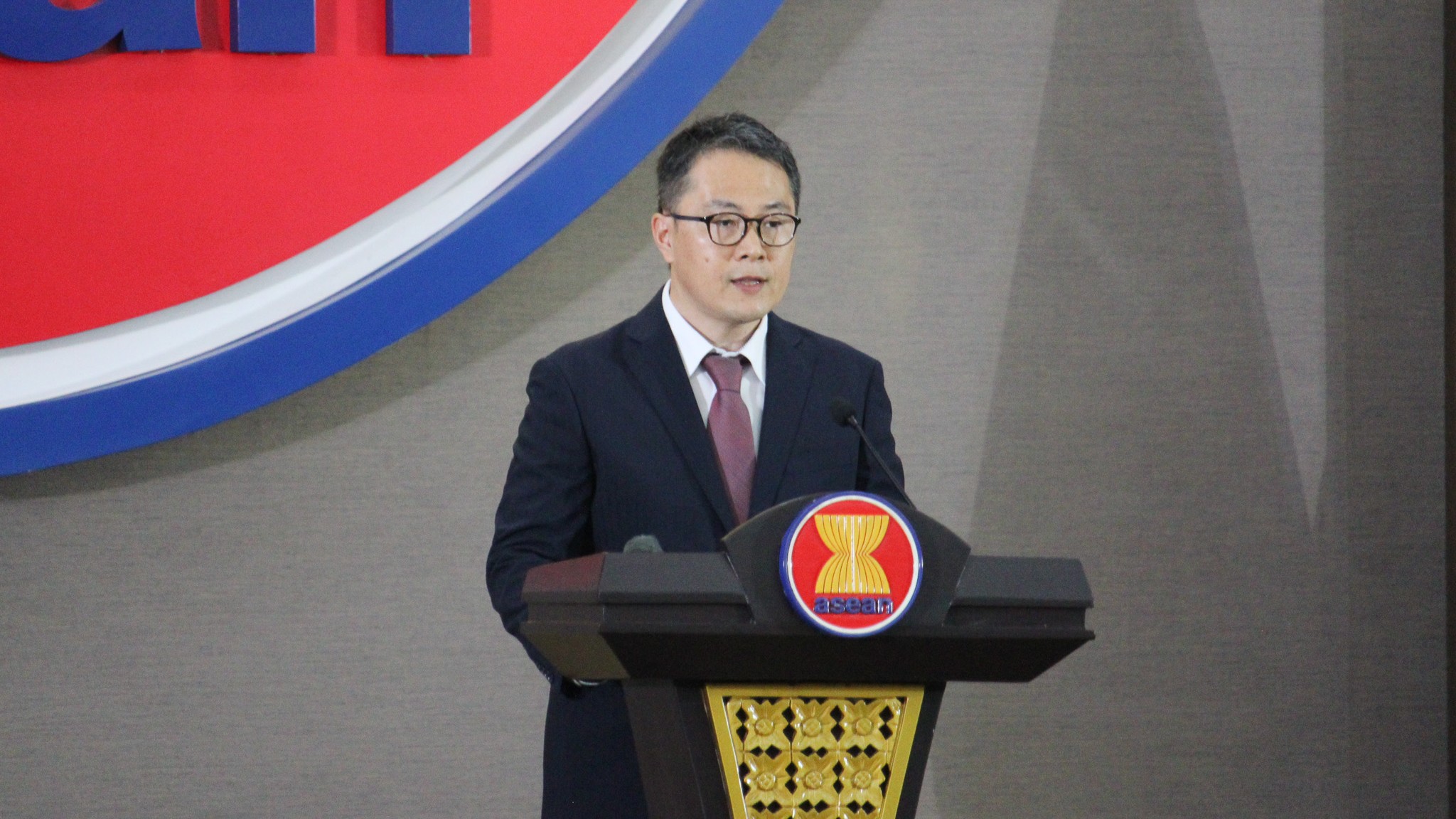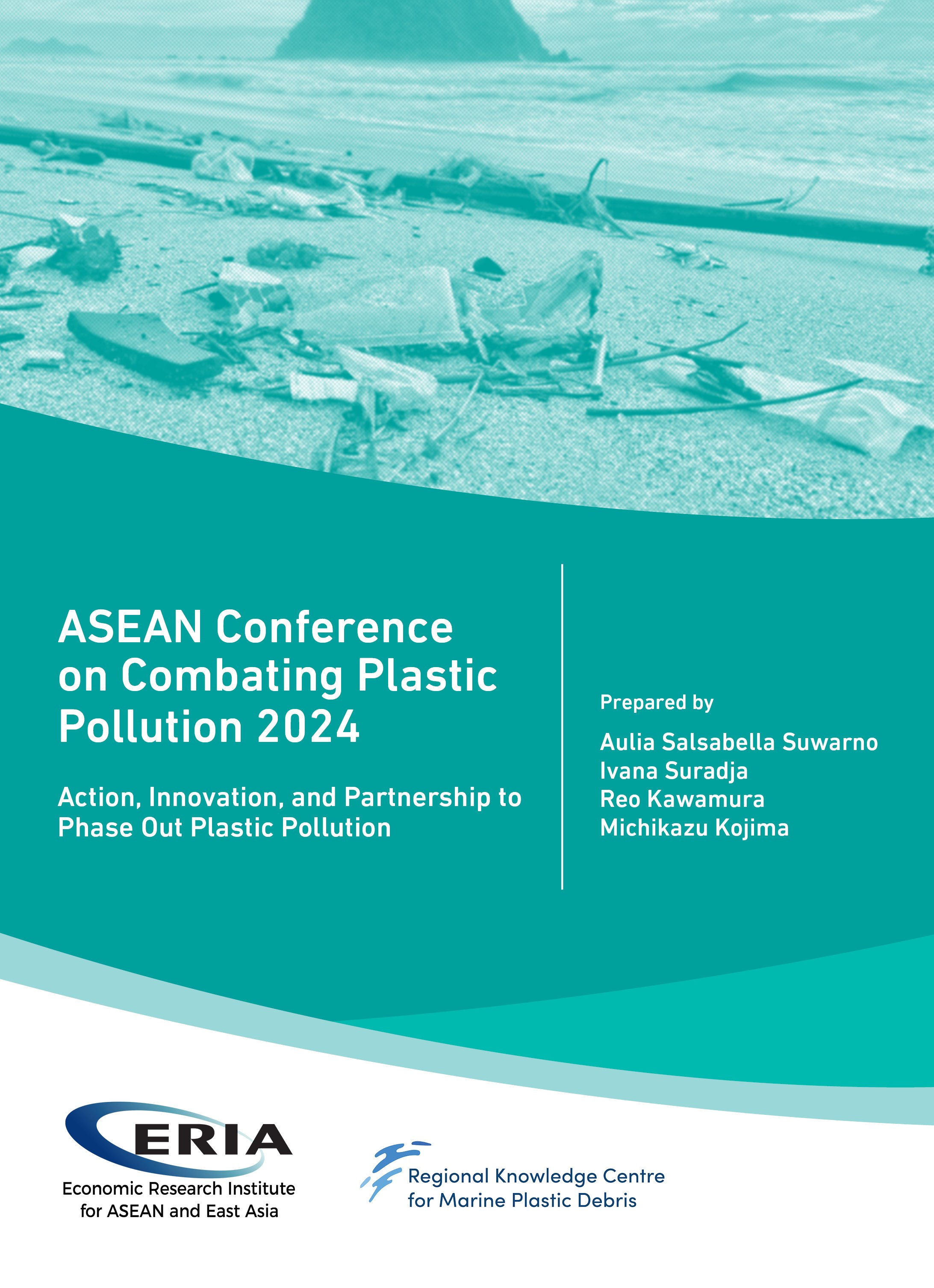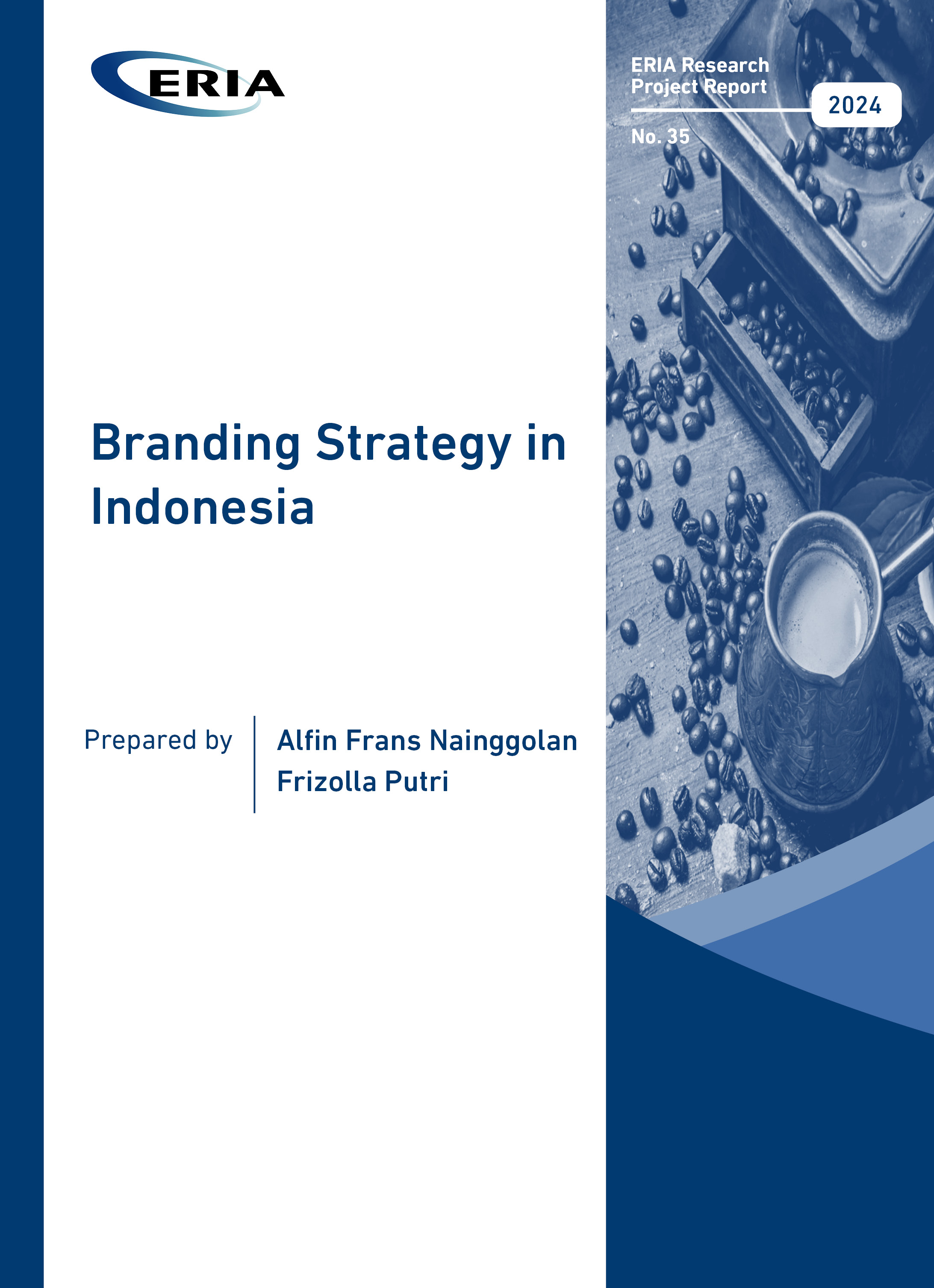ASEAN Summit Forges Fresh Strategies
Date:
5 September 2023Category:
OpinionsTopics:
-Share Article:
Print Article:
By Mr Kavi Chongkittavorn, Senior Communications Advisor: With its theme 'ASEAN Matters: Epicentrum of economic growth', the Indonesian chair has raised the ASEAN playing field to an unprecedented level, especially as the bloc has to engage with a new geopolitical and geoeconomic landscape. That helps explain why Indonesian President Joko Widodo or Jokowi has to reiterate that ASEAN needs an extraordinary tactical strategy to face the current global turmoil when he met on Friday with a group of high-level ASEAN businessmen and investors.
It is a well-known fact that the ASEAN region is and will be the world's fastest-growing economy. It is also peaceful. Therefore, it is up to ASEAN to draw on the group's collective wisdom, and perhaps, at the right time, it can call the shots.
President Jokowi also emphasised that ASEAN needs solid collaboration that prioritises mutual interests, both in relations between countries, between entrepreneurs, and between communities. Indeed, at the numerous summits being held this week, Indonesia has the opportunity to show off its diplomatic clout as the world's third-largest democracy and the bloc's largest economy. Throughout past chairmanships, Jakarta has been well aware of its perceived leadership role, both within ASEAN and in the global context. Most importantly, Jakarta is willing to punch above its weight.
Before the 43rd summit begins, the 10 ASEAN leaders will kick off the two-day ASEAN Indo-Pacific Forum (AIPF), its flagship event. The chair wants to implement the ASEAN Outlook on the Indo-Pacific (AOIP) after a delay of more than three years. The guidelines were launched in Bangkok during the Thai chairmanship in 2019, just before the Covid-19 outbreak.
Currently, there are at least 12 Indo-Pacific frameworks. It is about time ASEAN reins this in by mainstreaming the AOIP. The AIPF is designed to serve as a platform for all high-level stakeholders, including regional and international officials and representatives, the private sector and others, to meet, connect and match. The inaugural forum will discuss and showcase projects related to infrastructure, digital transformation and the creative economy, as well as sustainable and innovative financing. It is hoped that the forum will later be expanded to cover all areas of priorities under the AOIP, which also include maritime cooperation, connectivity and economic cooperation.
Key leaders from the dialogue partners are on the list of speakers. US Vice President Kamala Harris is scheduled to attend and give a speech to highlight the US commitment to the region. She has to carry the burden of face-saving for President Joe Biden, who decided to skip the ASEAN summit even though he is in the neighbourhood.
Given the importance of the Indo-Pacific strategy, his absence shows the White House's lack of genuine commitment. Apart from Ms Harris, the forum has lined up heads of governments from ASEAN's dialogue partners, including China, Japan, South Korea, Australia and Canada. These leaders, who attended the other ASEAN-related summit, have never missed the opportunity to rub shoulders with others to forge closer ties and cooperation. At the summit, China and ASEAN plan to issue a joint statement on Mutually Beneficial Cooperation between the AOIP and the Belt and Road Initiative. Although China is still reluctant to accept the concept of the Indo-Pacific, Beijing would like to cooperate with the AOIP on specific projects, especially on connectivity and sustainability. ASEAN and India will sign a joint statement on maritime cooperation. Before the ASEAN leaders meet with their dialogue partners on Thursday, they will have their own retreat touching on regional and international issues. Top of the agenda will be the crisis in Myanmar, the South China Sea, the Ukraine-Russia war, and the Korean Peninsula.
However, the ongoing headlines related to Fukushima's wastewater release and the latest Chinese map could dominate ASEAN leaders' two-hour exchange of views. On the Myanmar quagmire, the chair is expected to issue a statement of ASEAN leaders' reviews and decisions on the implementation of the Five-point Consensus (5PC). Over the past nine months under Indonesian chairmanship, ASEAN members have been engaging with all stakeholders on both sides of the conflict. The aims are to instil trust and confidence, build a conducive environment, and narrow gaps and differences to achieve an inclusive dialogue for a comprehensive political solution. The planned statement will also contain concrete, practical and measurable indicators with specific timelines to support activities and programmes under the 5PC. Indonesia is anxious to show the progress it has made during the past nine months through the Office of ASEAN Special Envoy on Myanmar.
In Jakarta, the ASEAN leaders will have more than a dozen summit meetings over the two-day period with dialogue partners, including the UN and the ASEAN Plus Three. There will be 21 outcome documents for the ASEAN Summit and related meetings. The main one will be the Jakarta Declaration: ASEAN Matters: Epicentrum of Growth, which prescribes joint commitment to promoting ASEAN centrality, maintaining ASEAN's role in the region, and operationalising the AOIP. In addition, other documents to be endorsed by the ASEAN leaders are related to human rights, early childhood educational care development, assistance for people with disabilities and gender equality and family development.
Furthermore, Canada will have its first summit with the ASEAN leaders to mark its new status as a strategic partner. Obviously, the global focus then will turn to the outcome of the 18th East Asia Summit (EAS), which comes two months earlier than the previous arrangement. Jakarta did so to accommodate Mr Biden's earlier proposed schedules. Therefore, given its time-sensitive nature, issues chosen by the EAS leaders will also be different and reflect the current situation as those discussed by the ASEAN leaders. Both the Fukushima affair and the Chinese map will certainly be taken up by some of the EAS leaders. At the EAS in Phnom Penh last year, the tense discussions over the Ukraine-Russia war failed to reach a consensus over the chairman's statement, leaving some of the EAS members to come out with their own leader statements. This time around, Jakarta is doing something different, reiterating that there will be a single EAS leaders' statement by the chair. The purpose is to end confusion and strengthen ASEAN centrality.
Indeed, ASEAN centrality will be further bolstered if all ASEAN members agree to permit China to accede to the 1995 Treaty of Southeast Asia Nuclear Weapons Free Zone (SEANWFZ). China has reaffirmed time and time again its desire to do so without any reservations. Jakarta hopes Beijing's signature will pave the way for other nuclear powers to make a similar step. However, one of the chair's biggest deliverables has been dashed due to the lack of consensus.
ASEAN has been trying in vain for 28 years to persuade the Big Five on the UN Security Council to join the treaty. A new idea has emerged lately after a review of China's intention to attract the remaining nuclear powers to sign up along with their often-stated reservations. All things considered, the Indonesian chair has been quite forceful in boosting the bloc's resilience and capacity to face emerging challenges or disruptions in all dimensions. The question remains whether the incoming ASEAN chairs will be able to stay on track with the same dynamism.
This opinion piece was written by ERIA's Senior Communications Advisor, Mr Kavi Chongkittavorn, and has been published in Bangkok Post. Click here to subscribe to the monthly newsletter.
Disclaimer: The views expressed are purely those of the authors and may not in any circumstances be regarded as stating an official position of the Economic Research Institute for ASEAN and East Asia.
